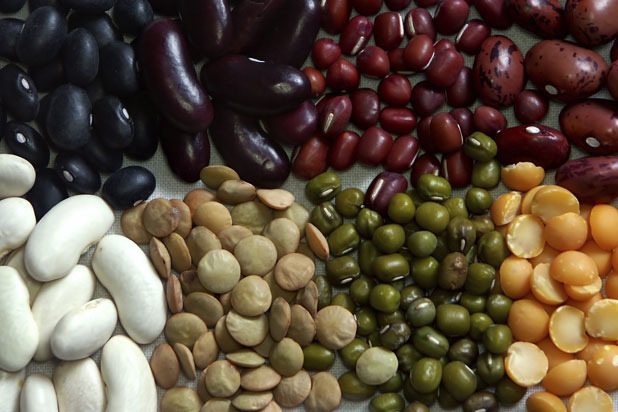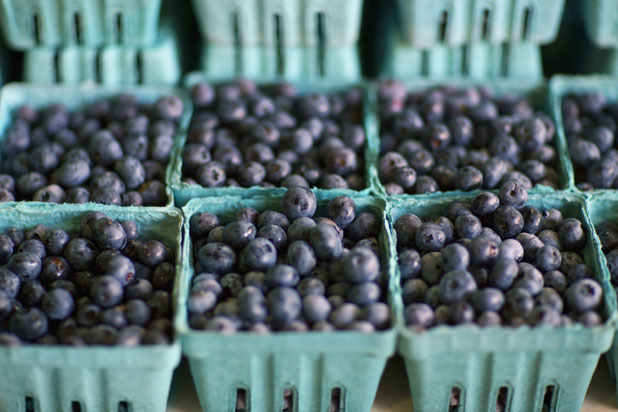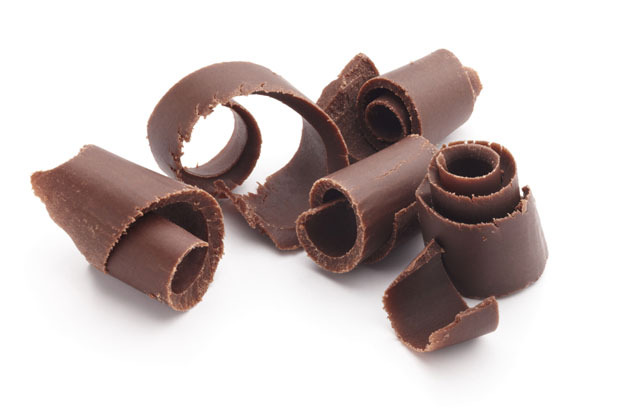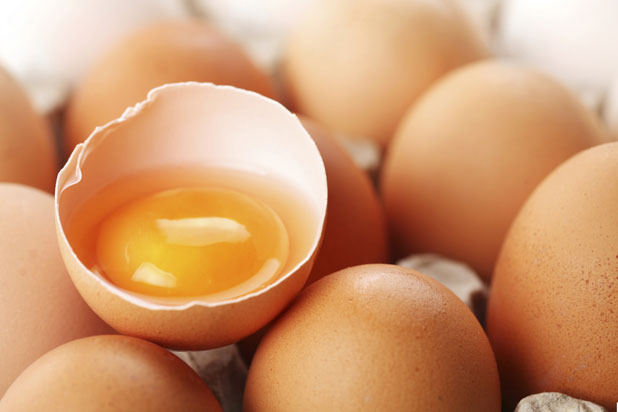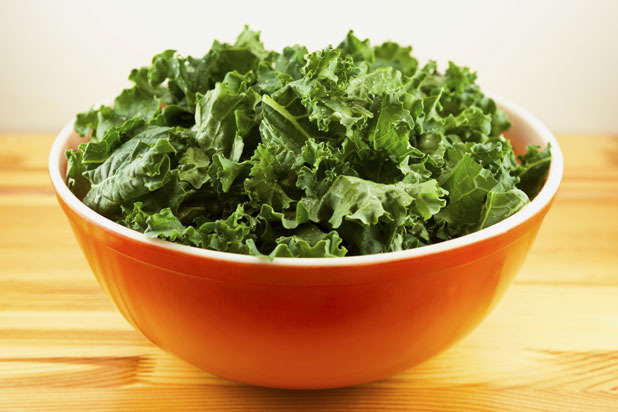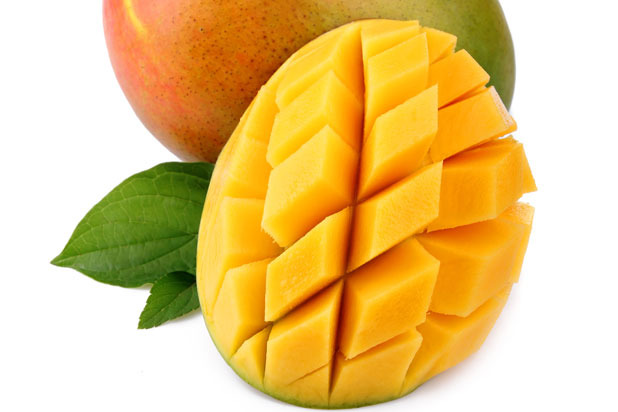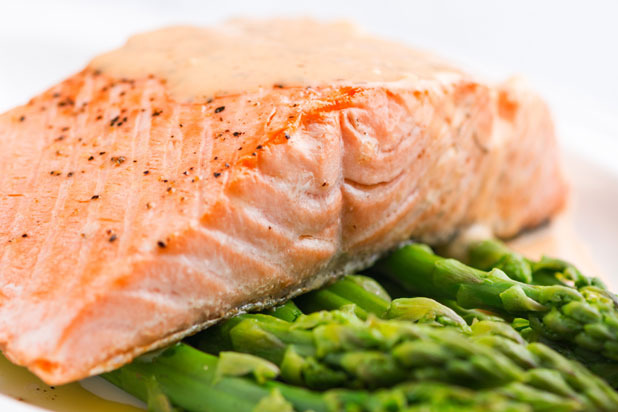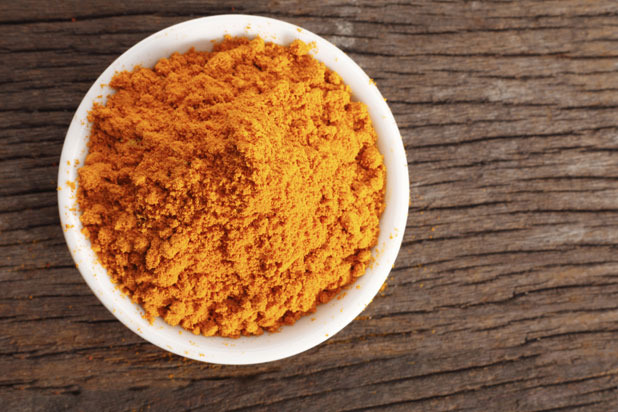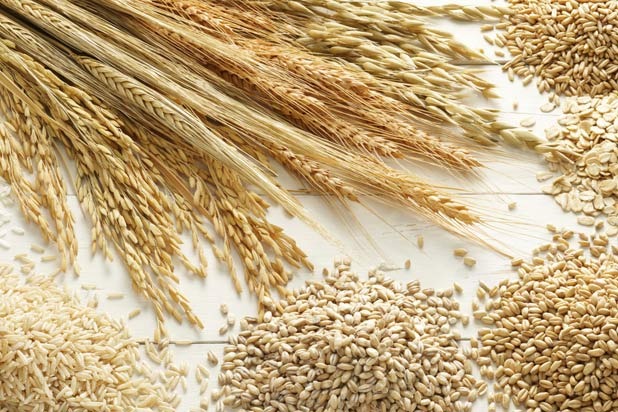10 Brain-Boosting Foods For Back-To-School Eating (Slideshow)
Everyone's favorite fall fruit contains quercetin, which appears to protect brain neurons from oxidative damage, a known cause of Alzheimer's and Parkinson's diseases. The pectin in apple peel has also been found to boost immunity. If your child is too sick to go to school, they can't learn, so make sure they're getting their apple every day.
Beans
Like whole grains, the fiber in beans and legumes also helps stabilize blood sugar, keeping them satiated and focused throughout the day. Even if your kids turn up their noses at beans, you can probably get them to eat hummus or a bean dip.
Blueberries
These sweet little berries contain anthocyanins, which are promising for helping to reverse age-related declines in cognitive and motor function. They have also been found to help improve memory for all ages, which is essential for learning.
Chocolate
"Three cheers for an easy win," says Largeman-Roth, because chocolate contains flavanols and has been found to help keep the brain sharp. Of course, the sugar in chocolate might make your child a bit too "energetic," so try using unsweetened cocoa in recipes, she says.
Eggs
While we're often cutting out the yolk for diet reasons, it contains the most nutrients in the egg, so don't throw it out when feeding your child. The yolk contains large amounts of choline, which plays a role in the development of the hippocampus, the memory center of the brain. Does your child hate eggs? Cauliflower, pork chops, and soybeans also contain choline.
Kale
Dark, leafy greens such as kale are high in folic acid. Folic acid is vital for brain function and is especially important during times of rapid growth, such as pregnancy, infancy, and adolescence. Some kids might be into kale salads, but if they look at it like it's a pile of hay, you can also work it into egg dishes like frittatas. Fresh kale takes a little prep, so Largeman-Roth suggests having chopped frozen kale on hand in the freezer to always be prepared.
Mango
One cup of mango is a good source of vitamin B6, which plays a role in cognitive development. As an added benefit, your child will also be getting a dose of vitamin C, which helps support healthy cognitive and neurologic function. Vitamin C is also vital for a healthy immune system, and staying healthy during the school year is often a struggle for kids. Mango is sweet, juicy, and colorful, so naturally, kids love it. Largeman-Roth skewers mango chunks with strawberries and drizzles them with vanilla yogurt for an easy snack, and she recommends using frozen mango if you can't find fresh.
Salmon
This fabulous source of omega-3 fatty acids is an important addition to your child's diet. The type of omega-3 found in salmon and other fatty fish is DHA — an essential fatty acid — which means our bodies don't make it and we need to get it from the foods we eat. It plays a role in brain development and the development of the neurological system while a baby is growing in the womb. And for older kids, DHA may help improve the symptoms of ADHD, depression, and asthma.
Turmeric
This spice is part of what makes a traditional Indian curry and gives it that intense deep yellow color. Turmeric provides anti-inflammatory benefits and may help prevent the decline in cognitive function. You can add turmeric to smoothies, and Largeman-Roth says it's great paired with mango and coconut.
Whole Grains
Whole grains are high in fiber and are slow to digest, which helps to keep blood sugar levels steady. That's especially important for kids who are trying to pay attention during that hungry, pre-lunch period. Whole grains include oats, brown rice, quinoa, and popcorn. A breakfast of steel-cut oats (use the microwavable variety to save time, or cook them the night before) with some maple syrup, blueberries, walnuts, and a dash of cinnamon is ideal for your child's cognitive function.

